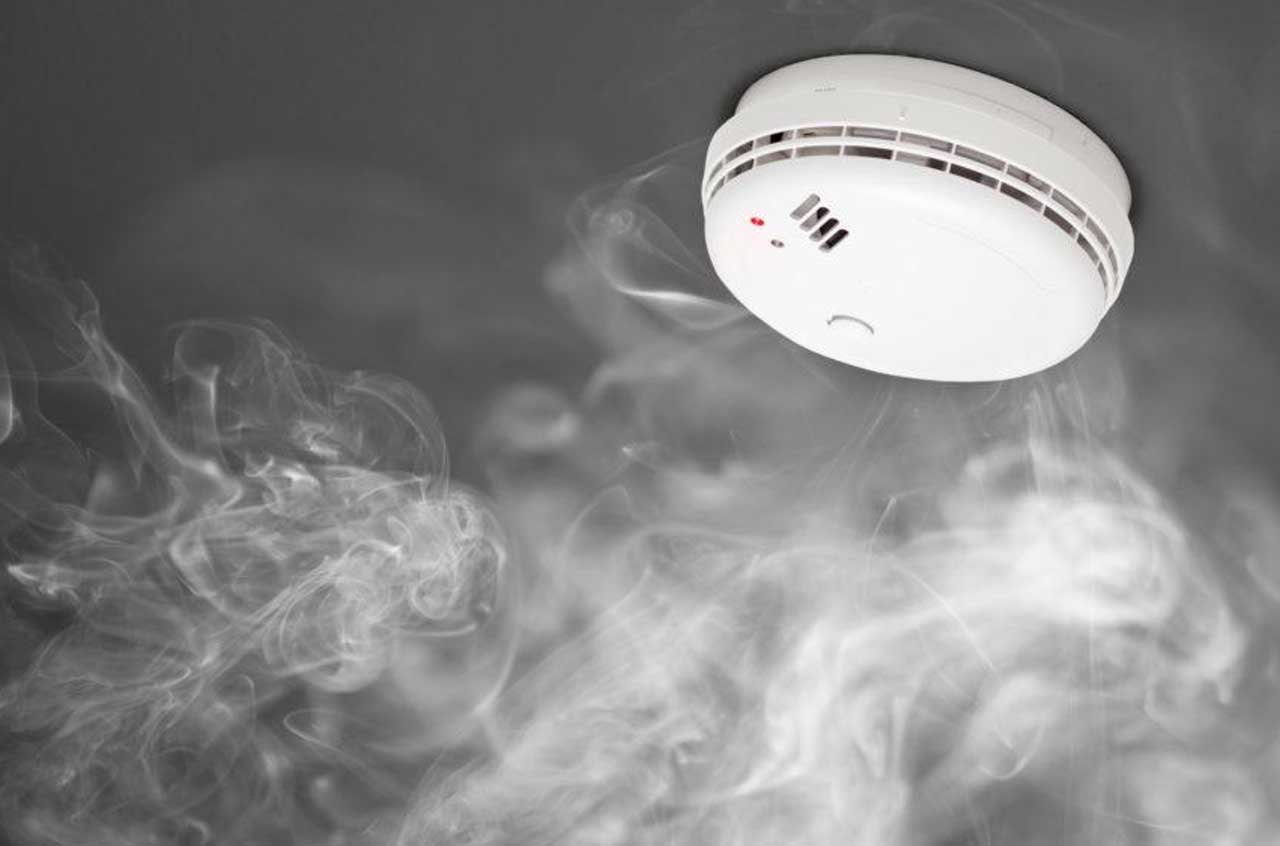Smart smoke detectors operate just like a traditional smoke detector. Both serve the same purpose, to sound an alarm when a fire indicator is detected to make awareness to occupants of a house or a building so that they can escape to safety.
The difference of a smart smoke detector from a traditional one is that it can detect when the battery of the unit is low or when a sensor has a problem, it sends a notification to your phone to inform you. These are common problems which home owners sometimes tend to forget to check with traditional smoke detectors.
It also notifies you through your phone when the alarm is triggered. These features are a very important innovation from the traditional smoke detector. These smart features double your chances of survival and can lessen the damages you might incur from a fire incident.
A smart smoke detector is a device that is worth investing for the safety of your family and your property. Smart smoke detectors use the same sensors as the traditional smoke detector, ionized and/or photoelectric sensors. While they share this in common, a smart smoke detector has a self testing feature, it monitors the battery power and sensor function as mentioned.

Why Choose a Smart Smoke Detector?
A smart smoke detector can be connected to a WIFI network or smart home security system. When the alarm is triggered, the smart smoke detector uses WIFI or similar communication technology to connect to your home security system or send a notification to your phone even when you are not at home. When it is a false alarm, you can also use the application on your phone to silence the alarm. If it is a concerning notification, you can also notify your local emergency services to check it out so you can avoid serious property damage.
Installation of Smart Smoke Detectors
Battery-powered or hard-wired are the factors you will have to consider when installing a smart smoke detector. Battery-powered smart smoke detectors are easy to install, you can mount them on the wall just like mounting a painting or a clock on the wall or ceiling. Battery-operated one’s must be checked regularly to ensure that the device is working properly because a dead battery will make your device useless when a fire actually occurs.
While hard-wired smart smoke detector installation will require for the power to your home to be turned off during installation as they have to be hard-wired to your home’s power supply. Hard-wired smart smoke detectors have a battery back-up system that will automatically take over when there is a power interruption or outage. Hard-wired smoke detectors are also most likely to offer interconnectability rather than battery-operated ones. This means that it can be connected to your smart home security system and other smoke alarms. Making every other detector sound as well when one goes off.
When unsure or in doubt with the installation process, it is best to contact licenced fire experts or someone with electrical knowledge to help you with the installation and even guide you on where to buy one or which one best suits your needs.

